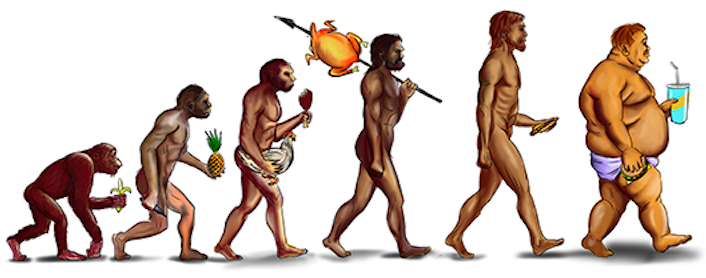
What’s the hype about the Paleo Diet?
The Paleolithic diet, shortened to the ‘Paleo’ Diet, is becoming more popular and more people are starting to adapt it into their healthy lifestyle. Most patients come in asking what exactly is a paleo diet, is it healthy, and is it right for me?
The paleo diet is a nutrient dense way of eating based on eating a variety of quality meats, seafood, vegetables, fruits, eggs, nuts and seeds. It focuses on eating whole foods that have not been processed, while avoiding nutrient poor processed and refined foods.
When eating a paleo diet, and focusing on nutrient rich foods this in turns improves our health by helping improve digestion through healing our digestive tract and feeding the healthy bacteria. It also has other benefits for our bodies as it can improve our immune function, improve our ability to regulate hormones and boost our metabolism.
The foods that are avoided in the paleo diet including grains, legumes, dairy, alcohol, sugar. These foods are pro-inflammatory to our system. These foods tend to be calorie rich, and nutrient poor; what we call “empty calories”. They can also cause irritation to our digestive tract. So by eliminating these foods from our diet, we are able to focus on more nutrient dense, and healing foods to help us improve energy and nourish our bodies.
| Foods to Include | Foods to Avoid |
| Vegetables | Grains |
| Fruits | Dairy |
| Lean meats | Legumes |
| Poultry | Starches & Sugars |
| Seafood | Processed Foods |
| Nuts & Seeds | Alcohol |
| Healthy fats | Highly refined & processed fats |
On a metabolic level the paleo diet helps improve lean muscle mass, reduce excess body fat and maintaining stable blood sugar levels. It provides your body with all the nutrients for maintaining stable energy levels throughout the day and can help improve your sleep quality.
In summary, the paleo diet is a nutrient dense and anti-inflammatory diet, which can help improve many conditions including: Allergies, IBS, Diabetes, Skin conditions (ex. Eczema, Psoriasis), Depression, Cancer, Obesity, Infertility and more.
Is the paleo diet right for you? Before starting any dietary changes it is always recommended to speak to your healthcare practitioner to make sure you are eating and maintaining a balanced diet






Leave a Reply
You must be logged in to post a comment.